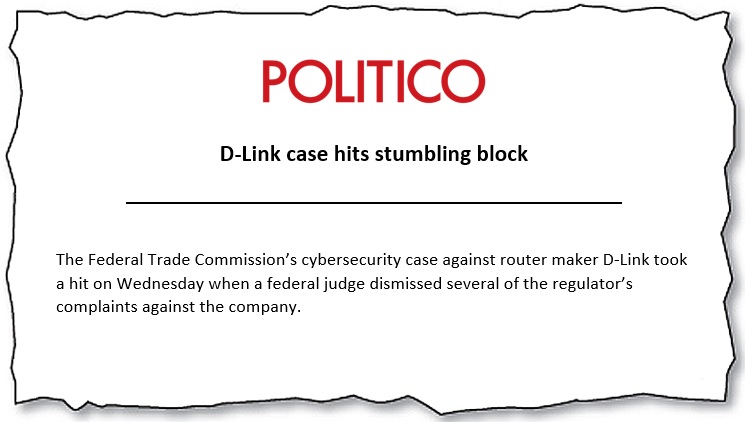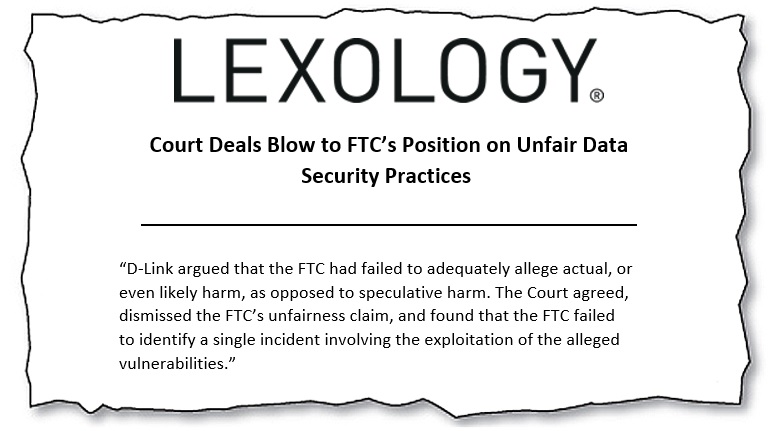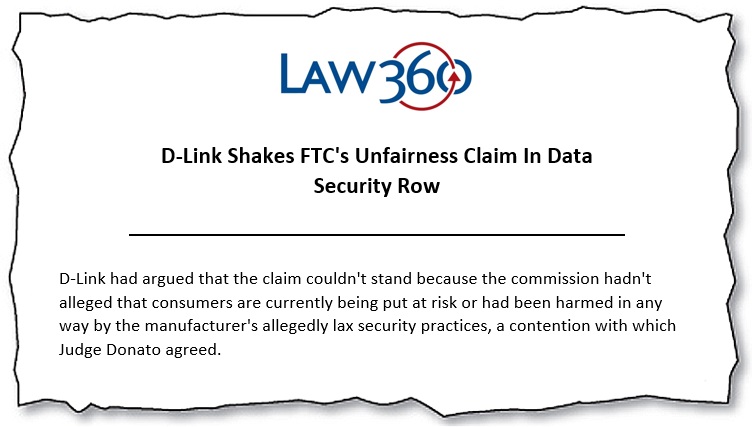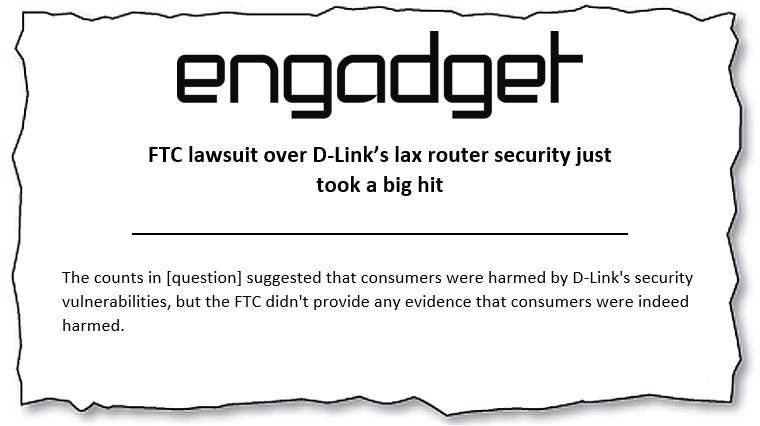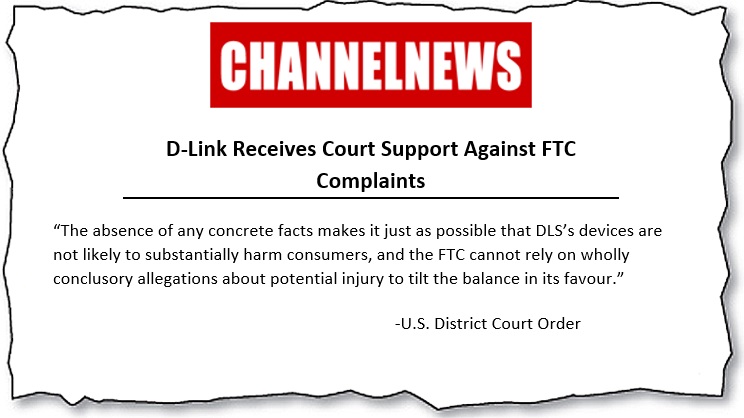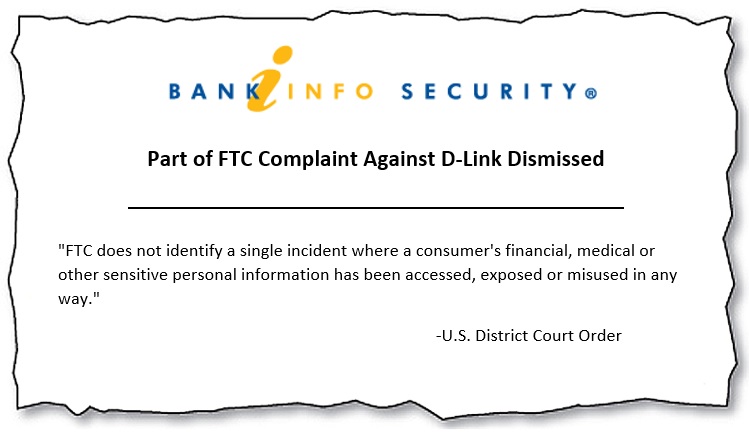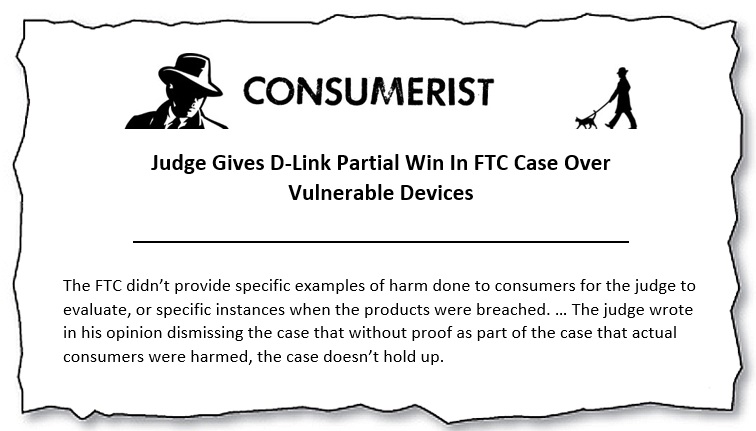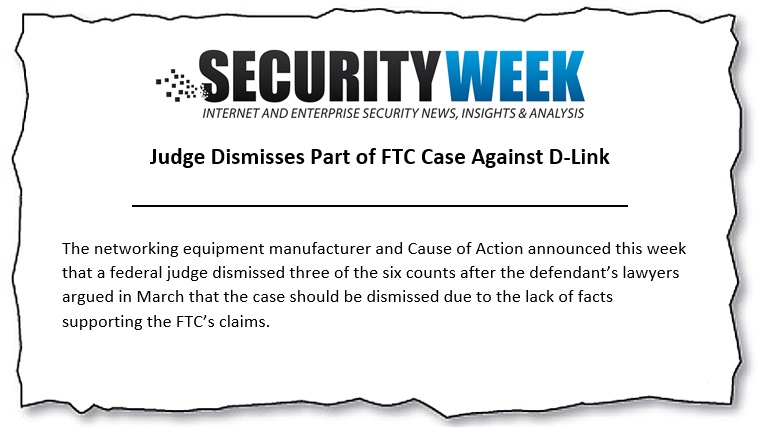Washington, D.C. — The U.S. Supreme Court today denied the petition for writ of certiorari filed by Cause of Action Institute (“CoA Institute”) on behalf of its clients, groundfisherman David Goethel and Northeast Fishery Sector 13. Mr. Goethel and Sector 13 sued the U.S. Department of Commerce in December 2015 after the agency announced that it would begin shifting the costs for at-sea monitoring onto fishermen. That transition was anticipated as early as 2010, but the government delayed its implementation for over five years. Both the U.S. District Court for New Hampshire and the First Circuit Court of Appeals dismissed the lawsuit, ruling that the fishermen had filed their legal challenge too late.
CoA Institute Vice President Julie Smith: “We are disappointed that the Supreme Court declined to hear the case. Our clients deserved an opportunity for their challenge to be heard on the merits. The Department of Commerce has gone beyond the bounds of the law in putting this financial burden of more than $700 per day on small-scale fishing businesses in the Northeast. Because the New England Fishery Management Council has announced its intention to extend this unlawful requirement to other fishermen, we will continue to look for ways to challenge that and to require the Department of Commerce to follow the law. This fight is not over.”
The Supreme Court’s refusal to review the First Circuit’s opinion on pre-enforcement review and its interpretation of certain provisions in the Magnuson-Stevens Act allow a dangerous precedent to stand. As argued in the petition, the First Circuit decision “effectively eliminate[s] the doctrine of pre-enforcement review and the possibility of meaningful judicial review of delayed agency implanting actions.” Moreover, “it rewards agencies that delay implementation of regulations by making their later actions immune to challenge.”
David Goethel: “The Supreme Court was our last judicial hope to save a centuries-old New England industry. I’ve been fishing my entire adult life, and I will try to continue, but the costs associated with at-sea monitoring will be crushing. We may have lost the battle, but the war to save the fishing industry from overregulation is far from over.”
Sector 13 Manager John Haran: “This is a sad day for the New England fishing industry. The high court’s decision to allow the First Circuit’s decision to stand puts the full brunt of at-sea monitoring costs on industry. Many fishermen in my sector will likely be put out of business. It may be too late for judicial relief, but we hope the regional Councils and our legislators act quickly to remove this job-killing mandate.”
Case Background
In November 2015, the Department of Commerce finally announced a date by which sector fishermen who fish for cod, flounder, and other groundfish, must not only carry third-party contractors known as “at-sea monitors” on their vessels during fishing trips, but also pay out-of-pocket for the cost of those monitors. CoA Institute’s clients filed suit to challenge this industry funding requirement, which will devastate the New England fishing industry.
In July 2016, the U.S. District Court for the District of New Hampshire dismissed the lawsuit. CoA Institute appealed the decision and, in April 2017, the First Circuit Court of Appeals upheld the District Court’s ruling, but without addressing the merits of the case. The First Circuit held that the fishermen’s suit was untimely and must have been filed within thirty days of the original agency rule that mandated industry-funding, even though this requirement was never enforced for half-a-decade. Interestingly, while the First Circuit did not address the merits of the case, it emphasized the devastating economic impacts of the regulation and, in a rare move, urged congressional action to clarify the Magnuson-Stevens Act regarding the payment of monitors.
For information regarding this press release, please contact Zachary Kurz, Director of Communications at CoA Institute: zachary.kurz@causeofaction.org
